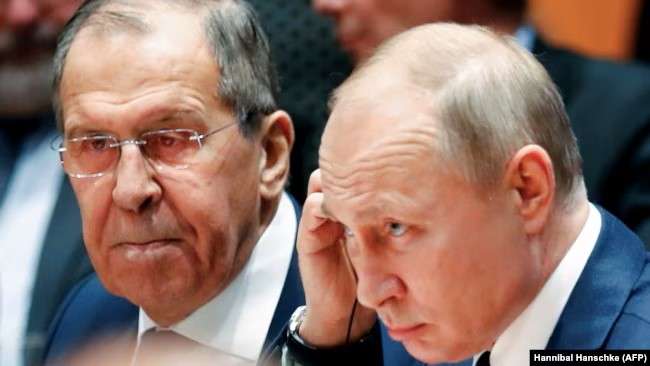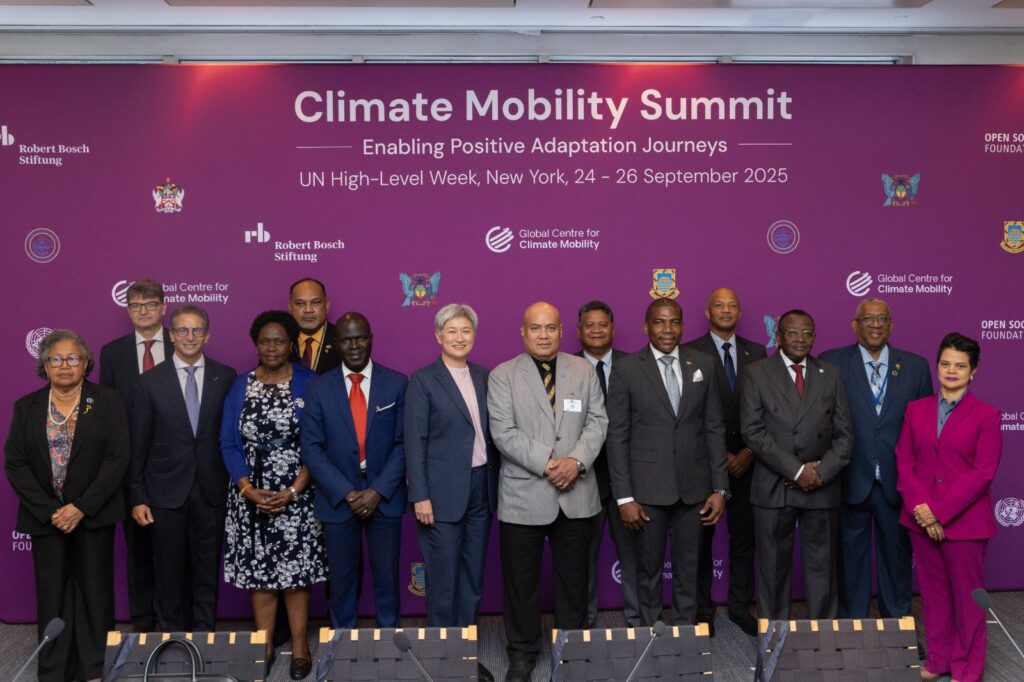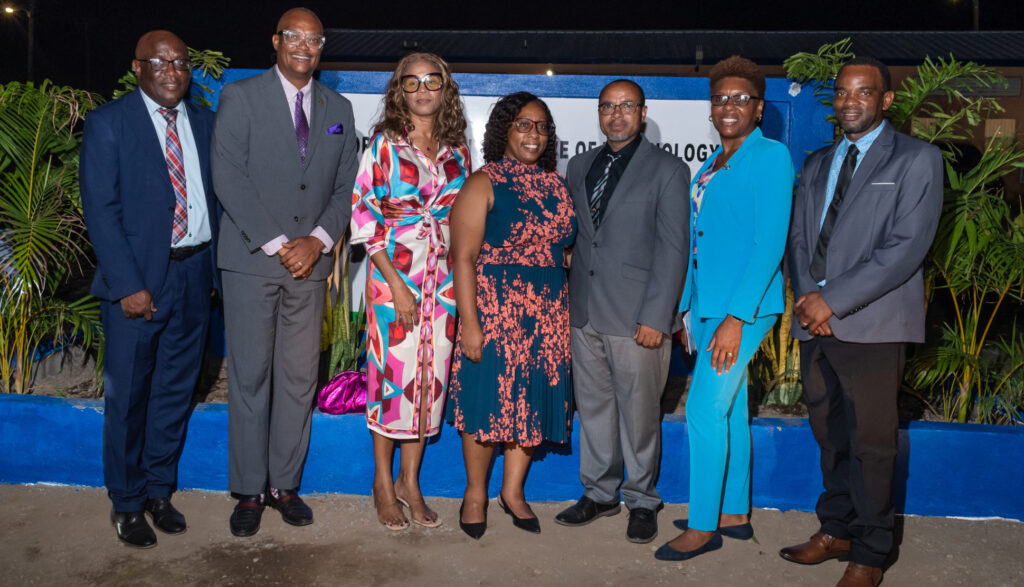Lavrov and the Threat of Nuclear Terrorism in a Reordered World
The ongoing conflict in Ukraine has ignited discussions about a potential shift in global power dynamics, with Russian Foreign Minister Sergey Lavrov proclaiming the emergence of a “new world order.” This envisioned order, according to Lavrov, would challenge the existing unipolar system dominated by the United States and its allies. Dmitry Medvedev, a key figure in Putin’s security council, has echoed these sentiments, warning of a world teetering on the brink of a new world war, with the risks of nuclear confrontation escalating beyond even the concerns surrounding climate change. Putin himself has framed the Ukraine conflict as an existential struggle against a hostile West, vowing to utilize all means necessary to defend Russia’s interests.
Lavrov’s vision for a new world order hinges on acknowledging Russia’s interests and concerns, rejecting the current US-led global structure. He envisions a multipolar world where Russia plays a leading role, challenging American dominance. This ambition is intertwined with Russia’s military actions in Ukraine, which are viewed as part of a broader struggle against Western influence. The desired outcome for Russia is the establishment of a system where its sphere of influence is respected and its security concerns are addressed.
The historical context of the Cold War offers a framework for understanding the current tensions. The Cold War era, marked by ideological and geopolitical rivalry between the West and the Soviet Union, witnessed a delicate balance of power maintained through the doctrine of Mutually Assured Destruction (MAD). This doctrine recognized the catastrophic consequences of nuclear war, ensuring a degree of stability despite the underlying tensions. Following the collapse of the Soviet Union, hopes for a more peaceful world emerged. However, these hopes have been dashed by the resurgence of Russia under Putin, who views the Soviet Union’s demise as a historical tragedy.
Putin’s actions, including the annexation of Crimea in 2014 and the current war in Ukraine, are seen as attempts to restore Russia’s former glory and rebuild its sphere of influence. Lavrov’s pronouncements about a new world order reflect this ambition, aiming to reshape the global landscape in a way that favors Russian interests. This new order, as envisioned by Russia, would likely involve a diminished role for the United States and NATO, with greater influence exerted by Russia and its allies. The success of this endeavor, however, hinges on the outcome of the conflict in Ukraine.
The current situation presents a complex challenge for the West. Putin’s willingness to employ nuclear threats creates a dangerous dynamic, limiting the West’s options for direct intervention in Ukraine. The fear of escalation to a nuclear conflict has constrained NATO’s response, primarily focusing on providing military aid to Ukraine while avoiding direct military engagement with Russia. This cautious approach reflects the precarious balance of power, where a miscalculation could have devastating consequences.
The emergence of a bloc of nuclear-armed states – Russia, North Korea, and potentially Iran – adds another layer of complexity to the global security landscape. These nations, unified by their anti-Western sentiments and authoritarian regimes, pose a formidable challenge to the existing world order. Their possession of nuclear weapons further complicates the situation, increasing the risk of miscalculation and escalation. The fate of Ukraine will play a pivotal role in determining the future shape of global power dynamics. A Russian victory could embolden other revisionist states, while a Ukrainian victory could reaffirm the existing order and deter further aggression. The stakes are high, and the outcome will have far-reaching consequences for global stability and the future of international relations. The parallels to “The Mouse That Roared,” while satirical, highlight the potential for smaller, nuclear-armed states to disrupt the global order, albeit with far more serious consequences in the real world.
Share this content:












Post Comment